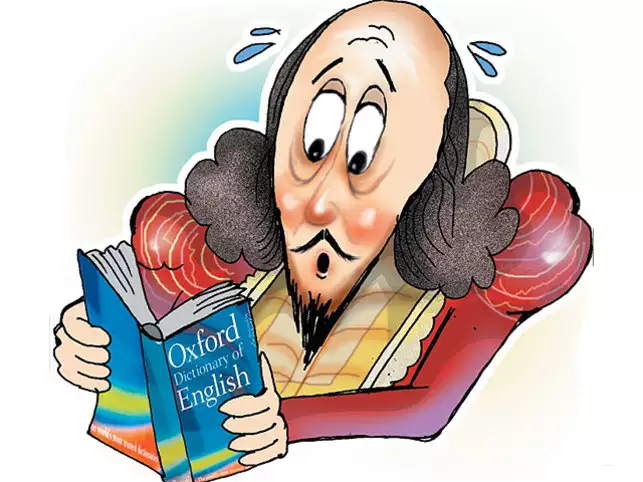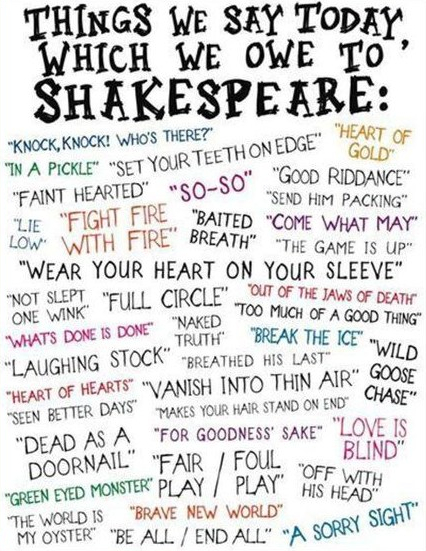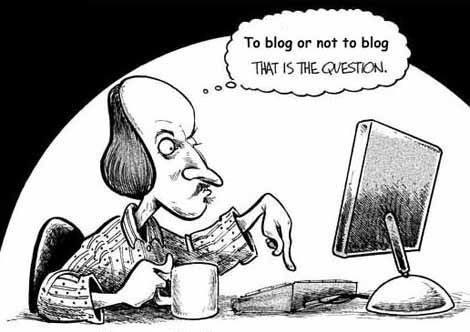Emojis and Exams
What’s the difference between an emoticon and an emoji?

Emoticons came first. They’re the images made using normal keys on a keyboard – usually punctuation, letters and numbers : )
while Emojis are small cartoon images which can be chosen by users to enhance their messages

When was the first emoticon used? Was it?
a) 1606 b) 1862 c) 1982
Keep reading to find out if you are right or wrong
EMOJIS AND EXAMS:
Lately, there has been increased tweeting by exam candidates following the end of their exams, discussing the questions on the paper.

To better understand this influence a research project was carried out by Cambridge Assessment Research Team looking at the use of social media over the summer 2016 UK exam session. During the research 6.44 million exam-related tweets that were posted between 14th May and 14th July were collected and analyzed.

Real-time data from Twitter was used to establish the extent of exam-related tweeting, patterns over time, topics discussed, and sentiments expressed. This research provides insights into students’ perceptions and feelings about exam questions and illustrates the way candidates deal with the challenges that they face. It is curious that in the research project, emojis were used instead of Sentiment Analysis (SA) [is a family of techniques for computationally determining the emotions in text.]
What Makes Tweeting About Exams So Important?
First, to give some insight into the views of exam candidates into the assessments they are taking; and secondly because stories in the national media about exam questions may indirectly shape public perception of exams and standards.
Here are the ten Most Twitted Emojis


Loudly crying face 249,542

Upside down face 145,671

Smiling face with smiling eyes 140,458

Weary face 103,302

Party popper 93,676

Person with folded hands 89,767

Face with rolling eyes 79,922

Person raising both hands in celebration 58,067

Thinking face 57,788
We asked before when they were invented. Is it
a) 1606
b) 1862 or
c) 1982?

Emoticons A witty speech Abraham Lincoln reprinted in a newspaper as far back as 1862 included a semi colon with a close bracket. Just like a winking face ; )
Though people think this was sadly just a typographical error – or what we normally call a typo.
Emoji Meanwhile, the official birth of emoticons is usually given as 1982, when a US professor instructed his students to use smiley faces to indicate jokes – in digital a communication.
WHY USING EMOJIS ?
“They enable us to express emotion and empathy in digital communication. Increasingly, what we’re finding is that digital communication is taking over from certain aspects of face-to-face interaction. In the UK today, for example, adults spend 22 hours online on average each week. One of the reasons emojis are so interesting is that they really do enable us to express our emotional selves much more effectively.”
(Professor Vyv Evans, Author of ‘The Emoji Code’)
So, adding an emoticon can show you understand and express emotion, and show empathy – more clearly. It is said that 60% of information when we’re talking to each other comes from non-verbal cues.
Here are some Emojis and Emoticons for you.

Enjoy!
Based on:
BBC 6 Minute Eglish “The Rise of the Emojis”.
https://www.cambridgeassessment.org.uk/blog/emojis-and-exams/
Research Matters / 23 a Cambridge Assessment Publication: Tweeting about exams: Investigating the use of social media over the summer 2016 session by Tom Sutch and Nicole Klir Research Division.https://www.cambridgeassessment.org.uk/Images/381638-research-matters-23-spring-2017.pdf





















